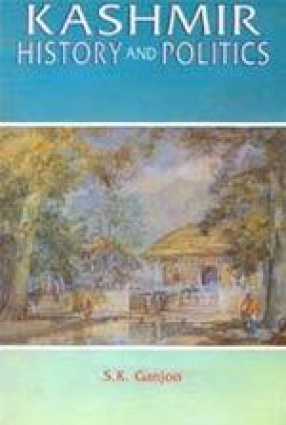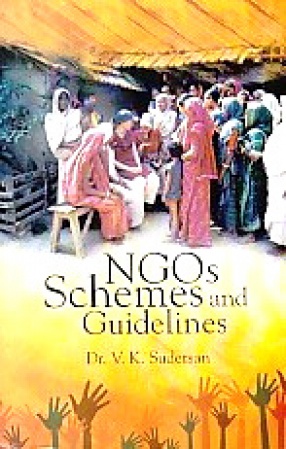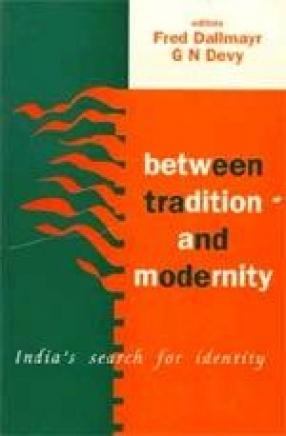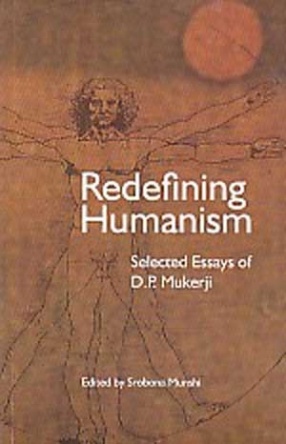In order to reach a correct understanding of Indian history and its extra ordinary tangle of racial and religious dispute and it is all above necessary to realise that although India is a part of continent of Asia, she is point of fact a continent in herself. Thirty years ago, Dorothy Woodman, a confirmed friend of India, concluded her excellent work Himalayan Frontiers with these words: "India today seems to be the victim of three traumas: Kashmir, the Aksai Chin, and poverty. To try to resolve the first two by vast military expenditure can only divert her funds and energies from the struggle against poverty. India cannot afford to play Russia’s war game with Pakistan. China, whatever the ruling power, will continue to make the same demands that Peking is to make today, since her national interests must remain the same and the geographical background is permanent. She, too, cannot risk two enemies on her frontier nor a series of Vietnams round her periphery. India is, in fact, faced with the alternatives of the Himalayas as one vast radar screen or the initiation of an active foreign policy to reopen talks with Pakistan and China. To settle for the present stalement is to condone a militarily active frontier across Asia." The general emphasis in this book is on the History and Politics of modern Kashmir rather than on the chronology of events. Therefore, a chronological symmetry, a detailed indes have been included in this book.
Kashmir: History and Politics
In stock
Free & Quick Delivery Worldwide
reviews
Bibliographic information
Title
Kashmir: History and Politics
Author
Edition
1st. ed.
Publisher
ISBN
8171695256
Length
viii+296, 23 cm
Subjects





There are no reviews yet.